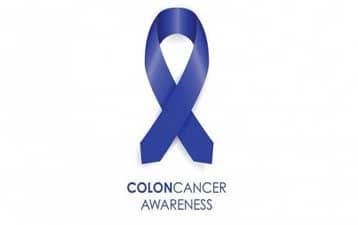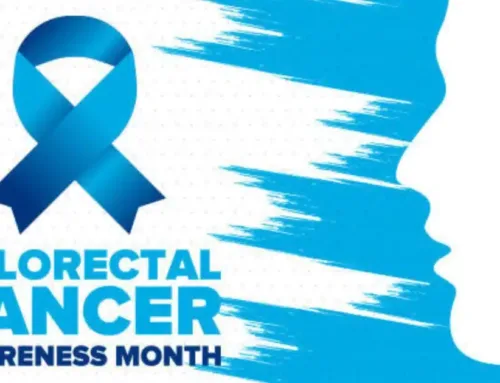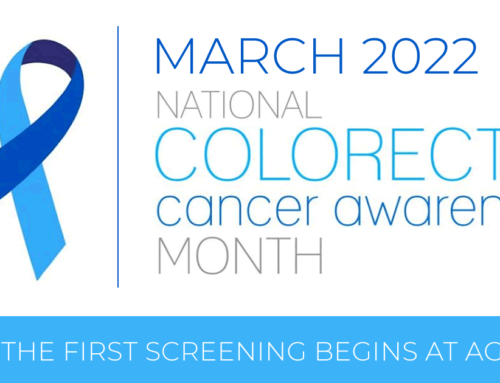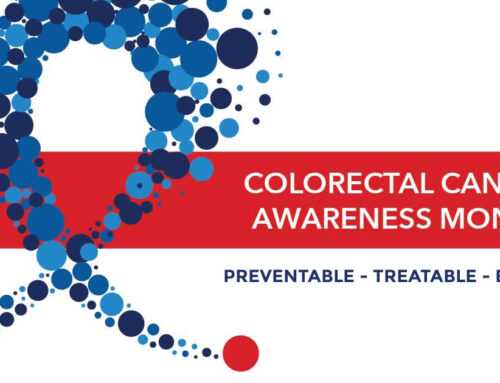With March being Colon Cancer Awareness month, I wanted to help spread the awareness message in the Fort Worth, TX area that following the recommended screening guidelines are the key to beating this cancer. To further promote colon cancer awareness, I’ve created a list of common Colonoscopy FAQs to help dispel some misconceptions and educate people on why it is the best way to screen for colon cancer.
If you know someone 45 years or older, make sure they know about the importance of colon cancer screening. Thank you in advance for helping to promote this awareness message in the Fort Worth, Hurst, Bedford, Euless, Southlake, Colleyville, Grapevine, Alliance and Keller areas. Let me know if you have any questions related to colon cancer and I will be happy to answer.
In health,
Jay Yepuri, MD
Colonoscopy Information Fort Worth, TX
What is a colonoscopy?
Why is colonoscopy regarded as the gold standard for colon cancer screening exams?
What are quality indicators for colonoscopy?
Dr. Yepuri’s ADR in 2020 for women was 32.3% and for men was 45.3%.
The cecal withdrawal time is the time it takes for the gastroenterologist to withdraw the scope after they have already advanced the scope to the beginning of the colon. Withdrawal times greater than 6 minutes have been shown to significantly increase adenoma detection rates and therefore decrease the risk of future colon cancers.
Dr. Yepuri’s average cecal withdrawal time in 2020 was 9.68 minutes.
Why is there a trend of more younger adults being diagnosed with colon cancer?
How can I help reduce my risk of colon cancer?
Is colonoscopy painful?
Do I need to have an office visit prior to scheduling a colonoscopy?
How much does a colonoscopy cost in Fort Worth, TX?
What is the difference between a screening and a diagnostic colonoscopy?
A colonoscopy is classified as diagnostic if a patient has current gastrointestinal symptoms or disease requiring evaluation or a personal history of precancerous colon polyps or colon cancer. Diagnostic colonoscopies are typically covered by insurance but the cost is generally applied to your deductible. This means that you may have financial responsibility for part or all of the procedure.
TIP: Make sure to clarify all financial responsibilities before any medical procedure with your insurance provider.
Does the type of doctor make a difference when screening for colon cancer?
Colonoscopies provided by general doctors reduce the chances of a colon cancer death by 57%.
Colonoscopies performed by a general surgeon reduce the probability of a colon cancer death by 52%.








